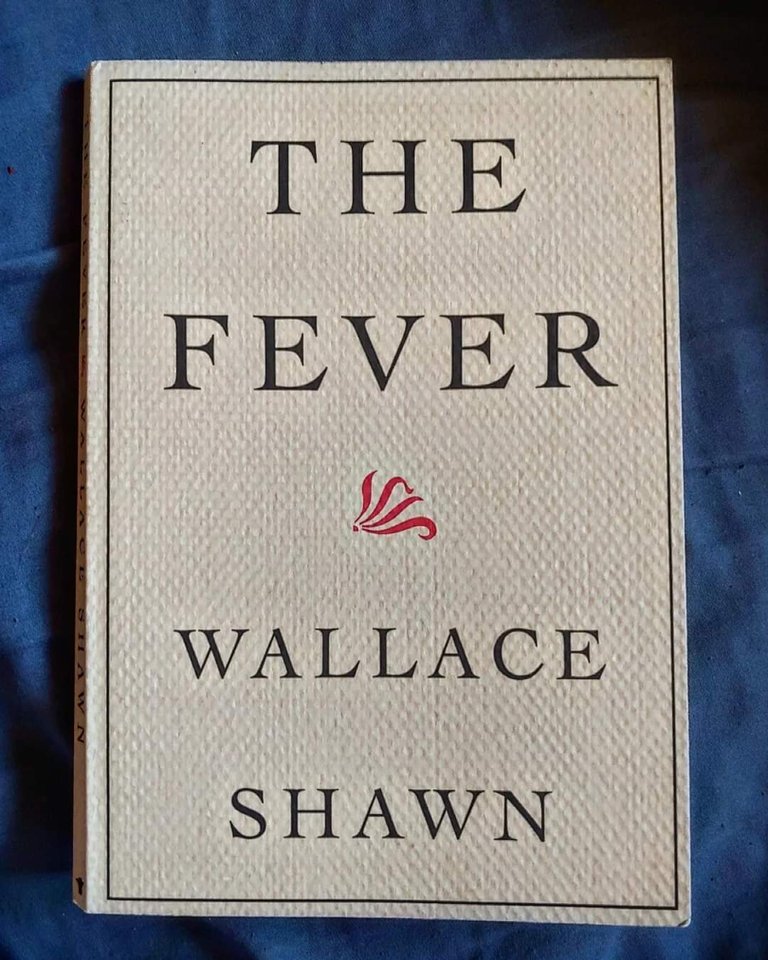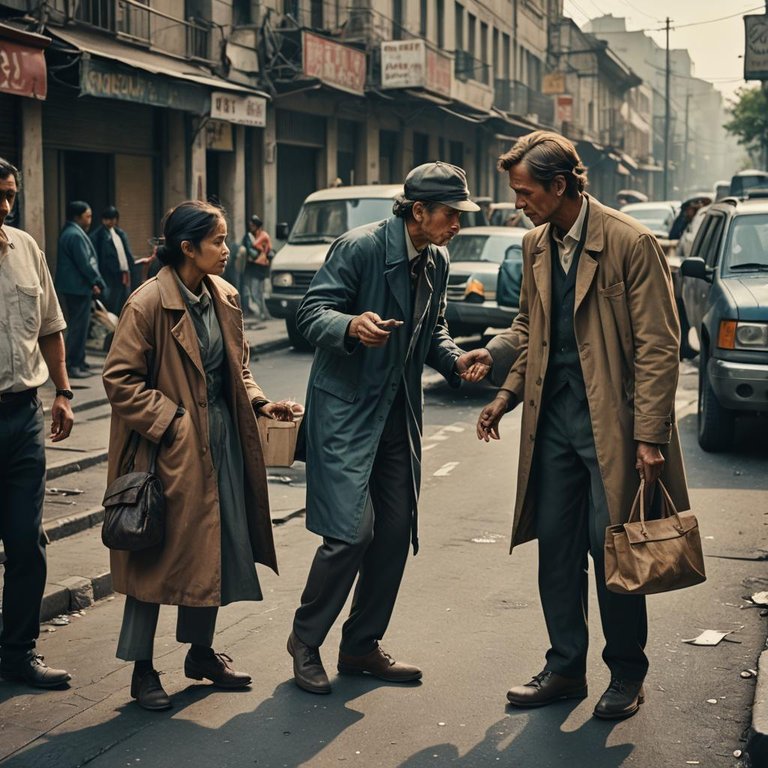"Think of all the things which show that you're decent, which show that those who are like you are decent -- people of goodwill who have a little money but believe sincerely in a better life for all. ... Don't talk to people who don't think you're decent. ... Their thinking is based on a false assumption. ... Your thought must be founded on truth, the truth that you are a decent person."

The Fever was the winner of the Obie Award for Best Play in the 1990s, and is described as "a coruscating, eloquent meditation on whether it's possible to live in an ethical relationship with others in the world."
This was my first time ever reading a play! 😄 Although to be fair, I think it can still be classified as a novel as opposed to a play, for this work of literature is basically a huge monologue written from the narrator's perspective.
Anyway, the play focuses on the contrast between the poor and the rich, and how that divide has been heightened due to the consequences of Communism. However the narrator offers us an interesting perspective, one of the rich rather than the poor, for it is obvious that he struggles with much internal guilt for his richer status in society.
"Everywhere I went I started getting into conversations with people I met ... and everyone I met was talking like him: The rich are pigs, their day will come, they're all pigs ... I started to think that maybe I was crazy. Could this really be happening? Was everyone now a Communist but me?"
The narrator heavily struggles with the concept of equality, of everyone having their "fair share." Of course he wants to be considered a good person, and he possibly even wants to believe in the idea of Communism. But his mind will not let him...
"Wait a minute. I have beliefs. There's a reason why I won't give the beggar all my money. ... There's a reason why I'm the one who has the money in the first place, and that's why I'm not going to give it all away. In other words, for God's sake, I worked for that money."
Again we are given a very "privileged" perspective in this play. A high-status citizen struggles with the notion of equality, not because he fears any legal consequences from it; he fears the societal ones. He fears what others will think of him, and ultimately struggles with whether or not he can be considered a "decent person."
"Certain things cannot be questioned. ... No thought may enter your mind if it conflicts with the assumption that you are a decent person."
I found the theme of the play to be very telling: the theme of being a "good person." Because after all -- reality is all opinion. What is universally deemed as "good" is only considered so because we agreed to make it so, and even then there will still be those whose personal interpretation of "good" is different from our own. This is why societal validation, "brownie points," virtue signaling, circle jerking -- whatever you wanna call it! -- is entirely pointless. To rely on others believing you're a "good person," when the majority of the population is misguided to begin with, is extremely harmful. People where even if something has already proven to be false, still choose to believe it is true, because it suits their reality. One should only consider the opinions of people who actually love them, and therefore matter.
"Think of all the things which show that you're decent, which show that those who are like you are decent -- people of goodwill who have a little money but believe sincerely in a better life for all. ... Don't talk to people who don't think you're decent. ... Their thinking is based on a false assumption. ... Your thought must be founded on truth, the truth that you are a decent person."
 (Image created using an AI art generator on Night Cafe)
(Image created using an AI art generator on Night Cafe)
Ultimately I did enjoy this play. I personally do not believe in the concept of equality -- it is simply not possible -- therefore I am against Communism! 😅 We are all equal as human beings, in regards to humans as a species, but beyond that we are too different and unique to compensate in the name of "equality." People have different strengths and weaknesses, even men and women in the name of feminism cannot truly reach equality.
It also gives us an interesting comparison for today's standards. Here in western society, the homeless are "thriving," and I mean that in the sense that more and more people are abandoning society, responsibilities etc. in favor of leisure and pleasure (drugs and "getting off the grid"). If we are to incorporate the ideas from the play to today's lifestyle, how will we incorporate "equality" into this situation? Why should my hardwork, time, effort, money, dignity, etc. all be compensated for the sake of people who choose not to do better?
And I say all of this as a former homeless and addict (almost 4 years clean, thx ✌️)
And also just the hilarity of fickle human nature and needing social validation in order to feel better about ourselves. Again, half of this play was the narrator's internal struggle with being viewed as a "decent person." And the reason why I always find this funny is because it's a why of telling on yourself. 🤭 If one needs to seek validation from complete strangers, who have not contributed to or positively influenced their life in any way, then that person needs to do some personal growth!
Great review and personal insights. Sounds like a great play.